
The results of a new study show that antibiotic treatment may help improve recovery for minor skin abscesses.

The results of a new study show that antibiotic treatment may help improve recovery for minor skin abscesses.

As new antibiotics are not being developed fast enough to fight against drug-resistant bacteria, new research shows that probiotic bacteria found in cheese and yogurt may offer an effective alternative.

The latest report from the Department of Health and Human Services reveals both good news and bad news on the health of our nation.
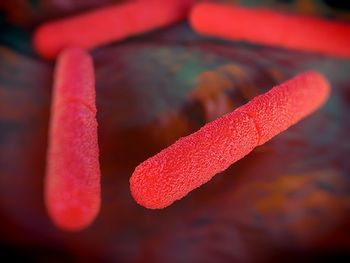
The CDC recently released a national botulism surveillance summary for 2015.

Less than half of all teens have intercourse, but there’s room for improvement when it comes to contraceptive choices.

How 8 years of poor disinfection exposed a darker side of Air Force medical practices.

Drought-stricken not long ago, California is now dealing with flooding waterways, raising concerns that the water will create breeding grounds for West Nile-positive mosquitoes.
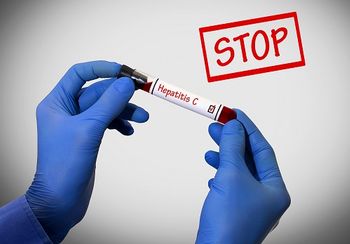
A recent report coming from the O’Neill Institute for National & Global Health Law takes a closer look at the tools needed to achieve hepatitis C elimination in the United States.

Opponents of the Medicaid cuts included in the American Health Care Act (AHCA) argue the cuts will significantly impact individuals living with HIV/AIDS as 40% of them depend on the government healthcare program for care.

Researchers from Johns Hopkins recently evaluated a molecular test for diagnosing vaginitis.
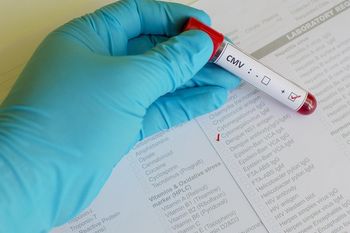
A new study shows that HIV-positive women with cytomegalovirus (CMV) are more likely to transmit HIV to their infants.
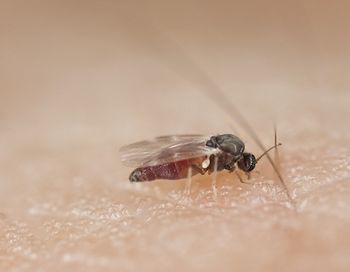
A team of researchers from several institutions have received a grant to fund the development of a vaccine for onchocerciasis, the second leading infectious cause of blindness.
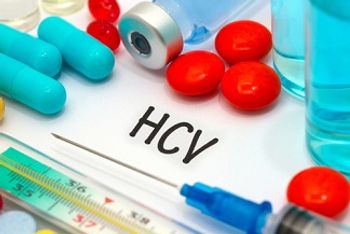
A new study finds hepatitis C virus (HCV) infection to be associated with a 70% increased rate of mortality in in-hospital patients with invasive pneumococcal disease (IPD).

Can genetic modification aid us in fighting mosquito-borne diseases?
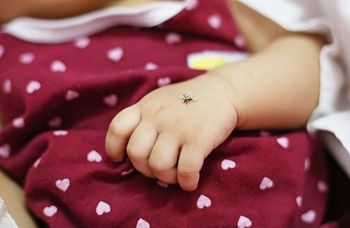
The National Institute of Allergy and Infectious Diseases (NIAID) has partnered up with nonprofit foundation FUNSALUD to launch a study that will examine the effects of Zika infection in infants and children living in Guatemala.
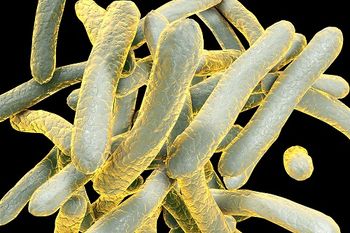
A new biological fingerprint for tuberculosis meningitis in children may eventually help practitioners learn more on the severity of infection in their patients, which in turn can lead to better treatment decisions.
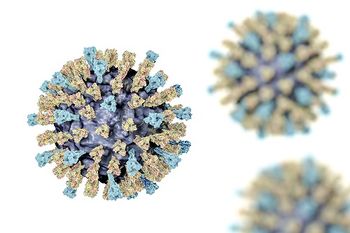
A new report on a measles outbreak that occurred in Ontario in 2015 emphasizes the importance of immunization in a globalized world.

Pleuromutilin antibiotics, meningococcal disease, tuberculosis, a new fluoroquinolone to treat acute bacterial skin and skin structure infections, and WHO’s position on HPV vaccine recommendations makes up this week’s Top 5 articles.
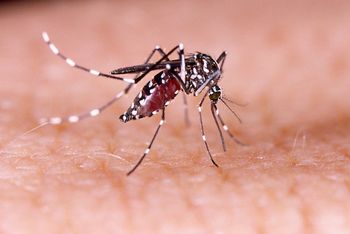
As researchers discover Chikungunya-carrying mosquitoes in Brazil, a new study analyzes the impact of the Zika virus on the area.

A new Johns Hopkins study finds that one fifth of hospitalized adults experience adverse effects from prescribed antibiotics; one fifth of those effects occurred in patients who should not have been prescribed antibiotics in the first place.

Building on lessons learned from the 2009 influenza A (H1N1) pandemic, the United States Department of Health and Human Services has released its updated Pandemic Influenza Plan for 2017-2027.
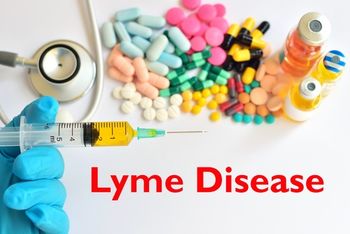
Although treatment for chronic Lyme has provided some patients with relief of their symptoms, it may also expose them to complications related to the prescribed modalities.
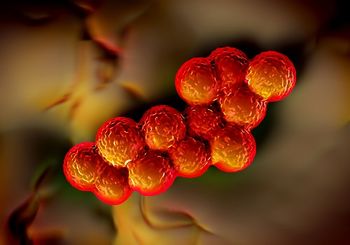
An infection control intervention coming from the VHA resulted in a significant reduction of MRSA in veteran living centers.

Seniors are at increased risk of hepatitis B, hepatitis C, and HIV. Prevention and early detection of potential infection are critical to avoiding long-term impact.
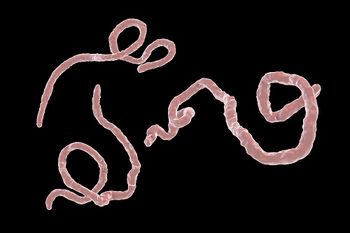
The results of a recent Phase IB study show that the novel Ebola vaccine, V920, was well-tolerated and “stimulated a rapid onset of binding and neutralizing antibodies,” which persisted for up to 1 year.
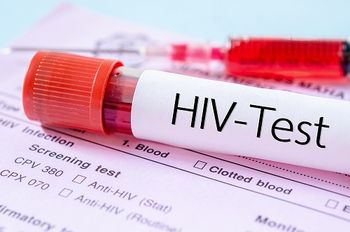
A new $25 fee for HIV and STI tests in Mississippi may be just one more barrier to testing faced by a low-income, high-risk population.
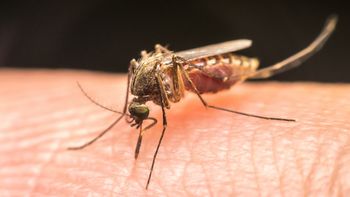
The CDC just released a study outlining areas where an increase of Aedes mosquitoes was observed in 2016. In addition, researchers report on Zika-related complications observed in 7 infants, postmortem.

Health officials in New York City are seeing the first West Nile virus-positive mosquitoes of the season as Los Angeles County reports its first human case of the year, marking new West Nile activity in the country’s biggest urban areas.

Six members of the Presidential Advisory Council on HIV/AIDS (PACHA) recently resigned in protest of the current administration’s healthcare policy.
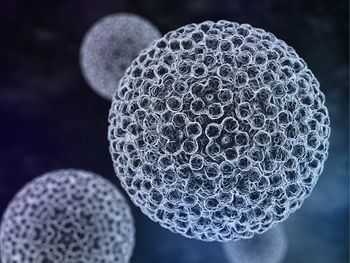
WHO releases recommendations regarding HPV vaccination as primary preventive intervention against cervical cancer.